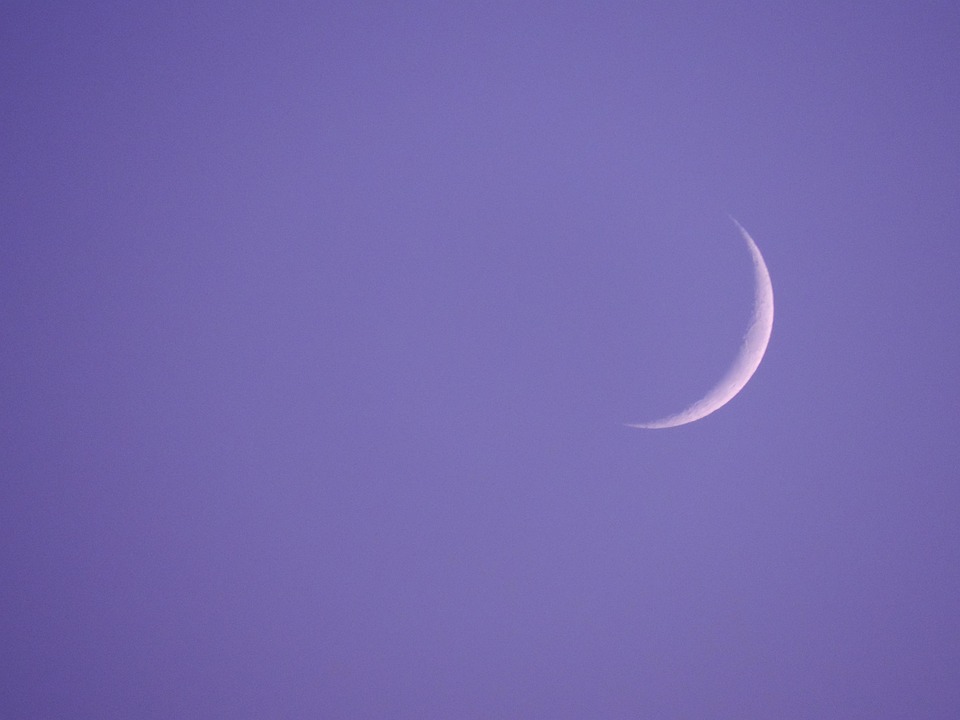After a successful career which lasted 43 years, during which he worked in Saudi Arabia, for the Palestinian Ministry of Health, then the United Nations Children’s Fund (Unicef), Dr Awadallah decided to retire at the end of 2021.
But it was short -lived. While the Gaza crisis intensified and the polio reappeared, it decided to return to the field. It was not just an assignment of employment. As he describes, it is a “message of loyalty” to his profession, the children of Gaza and the institution that gave him so much.
The return of Dr. Awadallah was motivated by a “deep inner feeling of responsibilities and belonging”.
“I felt that my long experience and my knowledge in the field could make a difference in these critical moments,” he said UN News.
‘The silent threat to Gaza’
The story of Dr Awadallah was at the center of the film The silent threat to GazaProduced by UNICEF in collaboration with World Humanitarian Day, observed each year on August 19. The organization stresses that the film is a powerful testimony to the resilience of humanitarian workers who are confronted with the dangers of the conflict.
Appointed in May on Time MagazineTime health list 12 to carry out “a heroic vaccination campaign” which reached 600,000 children in Gaza, Dr. Awadallah was one of the main 32 -minute documentary subjects. The film follows him and his colleague, Faituz Abu Warda, who, for short periods of ceasefire from last year, delivered vital vaccines to children through the Gaza Strip.
Look at the full documentary here:
UNICEF has said that their courage highlights a fundamental fact that when humanitarian principles are respected, workers are protected and have given safe and timely access, lives can be saved even in the most fragile environments. The United Nations agency has stressed that the courage of humanitarian workers, such as Dr Awadallah and Ms. Warda, strengthens the urgent need for action in principle and international responsibility.
Dr Awadallah said UN News How exhaustion, hunger and fear were part of their daily routine under constant bombing of air and sea.
However, their priority was to maintain effective vaccinations and reach each child, he said, remembering the moments when he saw his colleagues collapse from exhaustion, then immediately return to work.
A testimony living in Willpower
Dr. Awadallah stresses that each scene of the vaccination campaign, from the smile of a child to the insistence of the teams to reach the most distant house despite the safety difficulties and the danger of moving, reminded him that “humanitarian work cannot be removed”.
Children received the polio vaccine as part of a Gaza -scale campaign. (deposit)
“I provide humanitarian work, and even if I retire, it does not apply to humanitarian work,” he said.
“The silent threat to Gaza was not only a film or a representation of events, but a living testimony of the strength of the will and the power of hope. »»
He believes that each blow in the film was “A message to the world that despite injuries, despite the death and difficulty of life, Gaza is able to get up and protect her children. ”
Despite the risks for their lives, Dr. Awadallah and his fellow humanitarian workers in Gaza continue to work under constant bombing.
The protection of humanitarian workers is “not a luxury”
“Fear knows no way to their hearts,” he said. “” We hear the explosion, then we will do our job. We are heading towards our goal and we are used to it. »»
He said more than 350 medical staff had been killed, hundreds injured and more than 1,300 orders.
He called on the world that the protection of those who give a helping hand “is not a luxury, but a prerequisite for ensuring that life and hope are reaching those who need it”, and that it is a “humanitarian duty” which is as important as the supply of the aid itself.
Dr. Younis Awadallah administers a polio vaccine in Gaza.
Propagate hope
After decades of experience, Dr. Awadallah said he had learned that human beings had incredible resilience beyond the imagination.
“Resilience is not the lack of pain and suffering, but the ability to persevere and rise despite the tragedies,” he said. “I saw mothers who are smiling and laughing at their children despite bleeding and pain. I saw patients face pain with a smile and hope. ”
Their role as humanitarian workers goes beyond the provision of treatment and material assistance to include “the promotion and integration of hope in the hearts of people, psychologically supporting them and the maintenance of their strength in the face of problems,” he said.
Not just a profession
On World Humanitarian DayDr. Awadallah pays tribute to all those who choose to walk towards danger rather than far from that.
I believe in this company
“We throw ourselves into perdition for others,” he said.
Humanitarian workers in Gaza and all over the world-whatever their specialties-“are witnesses that mercy has no borders and that human solidarity can flourish even during wars or in the middle of the rubble,” he added.
He said he hoped that he could soon find his family.
“My message today is that humanitarian work is not only a profession, but a moral and humanitarian obligation. I left my family and I haven’t seen them for two years because I believe in this business. ”
Originally published at Almouwatin.com








